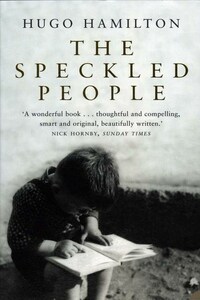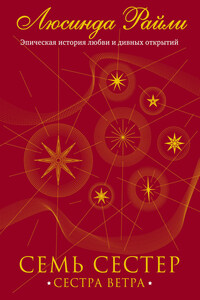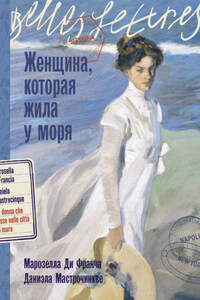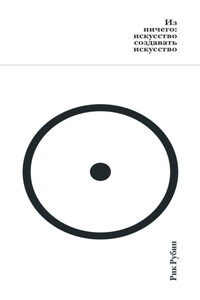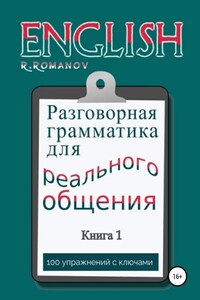You have a funny way of doing things here.
Like friendship, for example.
Nobody does friendship like you do in this country. It comes out of nowhere. Full on. All or nothing. I’ve been to places where friendship is cultivated with great care over a longer period of time, like a balcony garden. Here it seems to grow wild.
You could say that I did him a small favour. I found his mobile phone lying in the street and contacted his girlfriend. Her name was Helen and there was a picture of her on the phone, laughing into the camera. I could have read through all her messages, but I didn’t want to be intrusive. I contacted her and arranged for him to pick it up that same evening. It was nothing more than that. Anyone else would have done the same. I waited outside a late-night shop and saw him walking towards me with a big smile as though we already knew each other. He thanked me and stood there, refusing to let me go. Before I knew it, he was returning the favour, shaking hands and leading me away into a bar for a drink. He gave me his name, Kevin. I knew it already but he made it more official. Kevin Concannon. He told me that he was a lawyer and the phone was his life and he was glad it didn’t fall into the wrong hands.
He was curious about me and asked me what I was up to. When I told him that I was a carpenter looking for work, he said he would keep his ear to the ground. There was a chance he could set me up with a job, if I was interested. He stored my name and number on his phone. Vid Ćosić. He repeated the surname a number of times phonetically to make sure he got the pronunciation right. Ćosić. Like Choz-itch.
‘Where are you from, Vid?’
‘Belgrade,’ I said, just to keep it short.
I was trying to avoid all those long explanations about why I came here and what I left behind.
‘Serbia,’ I added. ‘Former Yugoslavia.’
What do you say when the country you grew up in can only be remembered for one thing? I told him that I left after a bad car accident and wanted to travel, see something different.
‘Fair enough,’ he said.
What does it matter where you come from? You could say it’s irrelevant. I wanted to forget about my own country and start again. I wanted to get a foothold here, get to know the place and the people. I already knew some of the most famous names, like James Joyce and George Best and Bono and Bobby Sands. I knew the most important landmarks, like the GPO, where the Easter Revolution took place, and Burgh Quay, where the bus to Galway leaves from. Right next to the immigration offices. I was beginning to understand the way things are done here, the way you have of saying ‘how’s the man?’ and ‘what’s the craic?’ I was starting to pick up the jokes, trying not to take everything so seriously. I was working on the accent, learning all the clichés – at the end of the day, nine times out of ten, only time will tell. I was eager not to be misunderstood or misled, so I stuck to the expressions that would give me least trouble. I was reluctant to abbreviate. I never allowed myself to use puns or play with people’s names. I tried to limit the amount of times I used words without meaning, such as ‘like’ or ‘you know’. I was cautious with terms like ‘mega’ and ‘sketchy’ and ‘leggin’ it’ and ‘literally glued to the television’. I didn’t trust myself saying things like ‘will you go away’ or ‘would you ever fuck off’ because I’m always afraid people might take it to heart. Besides, I can never pronounce the word ‘fuck’ properly. I make it sound too genuine. You have so many different ways of saying it in this country, I’ve given up trying.
We got talking about where I had been so far and what places around the country I had visited. I told him I was planning to travel out to the west, but then he sent me on a detour down south instead.
‘Have you been to Dursey Island?’
‘No,’ I said.
He had a commanding way of speaking. His eyes were intense, looking right at me. He stepped into my life quite easily, offering advice and making decisions for me.
‘Don’t go anywhere,’ he said, ‘until you’ve been to Dursey Island.’
‘Why?’
‘There’s no place in the world like it,’ he said. ‘Hardly anyone living out there now. Just yourself and the ocean, that’s all.’
Was there a reason for sending me there? Did he have some connection to the place? They talk of six degrees of separation, but here in this country you only have one or two at the most. He looked away towards the door of the pub as though he could see right across the landscape and all the people in it. He told me how to get there, right at the tail end of the country, off the coast of Cork.
‘You go over by cable car,’ he said. ‘The only place I know with a cable car crossing the Atlantic.’
‘You’re not serious,’ I said.
‘I am serious,’ he said. ‘You can look it up, Vid. It’s a fact.’
‘Dursey Island.’


